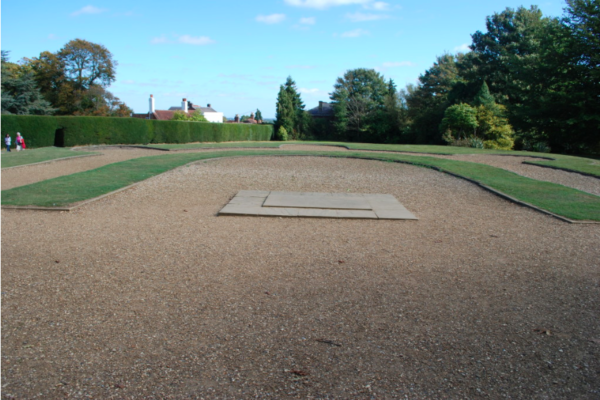I am about six weeks away from publishing the first two books of the walking tours in Paris (Where Did They Put the Guillotine? — A Walking Tour of Revolutionary Paris (1789–1794) —Volumes One and Two).
What this means is I am feverishly working on the third book entitled, Where Did They Burn the Last Grand Master of the Knights Templar? — A Walking Tour of Medieval Paris (987–1547). All the research is done, images picked out, and tour routes established. All I need to do is get the darn thing written (the first walk is done).
Beginning

Photo by my wife, Sandy
Where do I begin the background story of medieval Paris during the Middle Ages? It is generally recognized that the Middle Ages began around AD 300 and ended around 1500. Paris began as a settlement of the Parisii tribe, one of many Celtic tribes. By 250 BC, the Parisii’s had built up quite a little commercial trading and shipping community. The Romans came in around AD 358 and founded what was known as Lutetia (compare this to the Roman settlement in England called Londinium — founded in AD 50 and abandoned in the 5th century.)
Historians break down the Middle Ages into three groupings: the Early Middle Ages (AD 300 to 1000), the High Middle Ages (1000 to 1300), and the Late Middle Ages (1300 to 1500). Do you remember hearing the term, The Dark Ages? Back in junior high history class, I thought it was because the sun never came up — perpetual nighttime and darkness. Not so. The dark ages pertained to the early Middle Ages when it was a period of time that it seems no written records were created (or at least could be found). Historians don’t use the term dark ages any longer — we know the sun actually did come up. It wasn’t until we get into the High Middle Ages that we begin to see written records and can follow the written history of the world and in particular, England, France, and Paris.
A Different Path

Fred Jane, Heresies fo Sea Power (1906), Public Domain, Wikimedia Commons
I originally thought I would begin our medieval story around AD 987 but I’m beginning to think otherwise. It was really the year 1066 that had the greatest impact on England, France, and the world — even today. The singular event, the Battle of Hastings, on 14 October 1066 and its outcome affected the world for centuries to come. Had the outcome been different, we would see a different England today. The Hundred Years War (fought between the French and English) would likely never have occurred. We would have never heard of a teenager by the name of Joan of Arc. You probably wouldn’t see all those beautiful castles in England. Nine hundred years later, the English might not vacation or own real estate in Normandy like they do now.
The battle between Earl Harold Godwin of Wessex (England) and Duke William II of Normandy would decide who became the successor to Edward the Confessor, king of England. Edward dies during the night of 5/6 January 1066 without leaving a successor. Throughout his later life, Edward promised the throne to multiple people including Duke William. This will create a problem and an outcome that is heavy in costs to both the French and the English throughout the subsequent centuries.
We will continue our story on why the year 1066 was so important to Paris in our next blog post. Stay tuned.
Do we have a lot of stories? Of course we do. I’m looking forward to sharing these with you.
Please continue to visit our blog and perhaps subscribe so that you don’t miss out on the most recent blog posts.
Thanks so much for following my blog and my little journey through this incredibly interesting process of writing a series of niche historical travel books and then getting the bloody things published.
-Stew
Please note that I do not and will not take compensation from individuals or companies I mention or promote in my blog.
Are you following us on Facebook and Twitter?
Copyright © 2014 Stew Ross


Thanks for including me in your distribution list. I enjoy the applied history lessons.